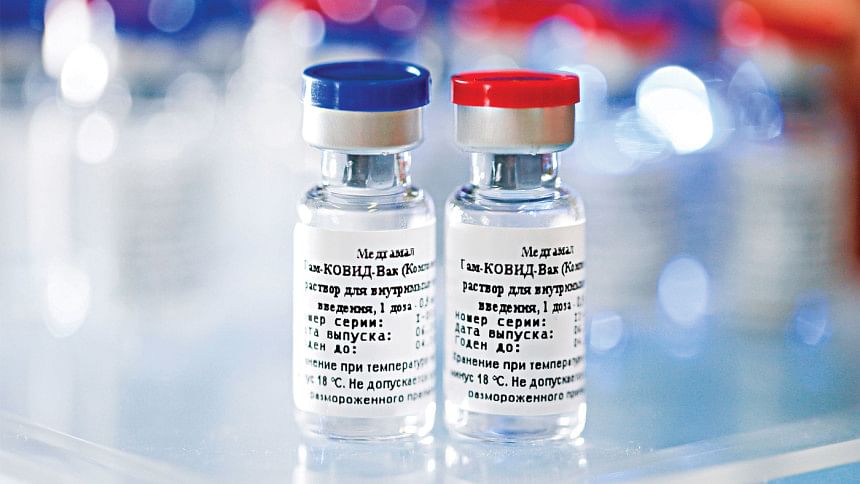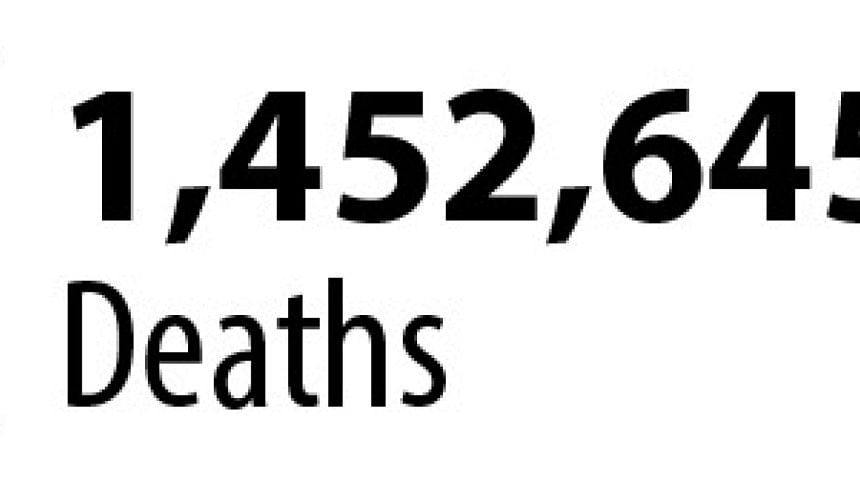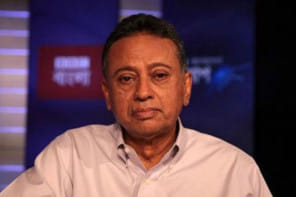Russia’s Vaccine: WHO wants to see clinical, trial data

The World Health Organization needs to see clinical data and information of good manufacturing practice to be able to evaluate Russia's Sputnik V coronavirus vaccine, WHO assistant director general Mariangela Simao said on Friday.
Russia's Sputnik V vaccine is more than 90 percent effective, a representative of the health ministry said this month, citing data collated from vaccinations of the public rather than from an ongoing trial.
Sputnik V's developers have touted it as easier to store than some alternatives and at less than $10 (8.38 euros) per dose the cheapest among frontrunners in a global race to develop a vaccine.
Russia's military has started a mass coronavirus vaccination campaign which aims to innoculate more than 400,000 servicemen, Defence Minister Sergei Shoigu announced.
Shoigu said that over 2,500 soldiers had already been vaccinated, adding that by the end of the year the number is expected to reach 80,000.
The Sputnik V vaccine -- dubbed after the Soviet-era satellite -- was registered in August and is currently undergoing its third and final stage of trials involving more than 40,000 volunteers.
Russian Direct Investment Fund (RDIF) said in a statement: "Hetero, one of India's leading generic pharmaceutical companies, have agreed to produce in India over 100 million doses per year of the Sputnik V."
It also said that production was expected to start in early 2021.
Meanwhile, WHO's top emergency expert said on Friday it would be "highly speculative" for the global health body to say the coronavirus did not emerge in China, where it was first identified in a food market in December last year.
China is pushing a narrative via state media that the virus existed abroad before it was discovered in the central city of Wuhan, citing the presence of coronavirus on imported frozen food packaging and scientific papers claiming it had been circulating in Europe last year.
"I think it's highly speculative for us to say that the disease did not emerge in China," Mike Ryan said at a virtual briefing in Geneva after being asked if Covid-19 could have first emerged outside China.
"It is clear from a public health perspective that you start your investigations where the human cases first emerged," he added, saying that evidence might then lead to other places.
He repeated that the WHO intended to send researchers to the Wuhan food market to probe the virus origins further, reports Reuters.
The WHO has been accused by the Trump administration of being "China-centric", allegations it has repeatedly denied.
SHOPS REOPEN IN FRANCE
Coronavirus deaths topped 400,000 yesterday in Europe, the world's second worst-hit region, as parts of the continent began to reopen shops for the holiday season.
But across the Atlantic fearful US shoppers turned to online outlets for a massive Black Friday sale, while densely populated Los Angeles county announced a ban on gatherings of people from different households under a new "safer-at-home order" to battle the surging pandemic.
Persistent high case numbers in many western countries loom over governments' hopes to ease their virus rules for Christmas and New Year.
The holidays would be a longed-for respite before bracing for what the world hopes is one last wave of restrictions until a clutch of promising new vaccines kick in.
Britain accounted for almost two-thirds of Europe's fatalities at 57,551, followed by Italy with 53,677, France at 51,914 and Spain with 44,668.
Stores began lifting their shutters in France yesterday, while Poland's shopping centres will also reopen.
Belgium will allow shops to reopen from December 1, but keep the current semi-lockdown in place possibly until mid-January. The move mirrors similar easing in Germany, Luxembourg and the Netherlands.
Ireland has also announced a staggered easing of restrictions to allow some businesses to reopen and for families to gather ahead of Christmas.
The pandemic has killed at least 1,444,426 people worldwide since last December, according to a tally from official sources compiled by AFP yesterday.
LA RESTRICTIONS
The United States surpassed 13 million total cases on Friday -- the world's highest figure -- and officials were concerned whether gatherings on Thursday for the Thanksgiving holiday would further worsen the situation.
The virus clouded the traditional "Black Friday" shopping day for brick-and-mortar stores, but Americans are estimated to have spent up to $10 billion online, tech company Adobe said based on its analytics.
Worry over the virus's rapid spread led Los Angeles county to announce a temporary ban on gatherings of people from different households, with religious services and protests exempt.
The order affecting the United States' second-largest city will take effect tomorrow and last at least three weeks, until December 20, the county's public health department said.
California last week imposed a night-time curfew across much of the state.
Further north in Canada, whose largest city Toronto is under lockdown, Prime Minister Justin Trudeau announced that a general who led Nato's mission in Iraq as well as Canadian troops in Afghanistan and Bosnia would spearhead a gigantic vaccination drive.
"This will be the biggest immunisation in the history of the country," Trudeau said.


 For all latest news, follow The Daily Star's Google News channel.
For all latest news, follow The Daily Star's Google News channel. 



Comments